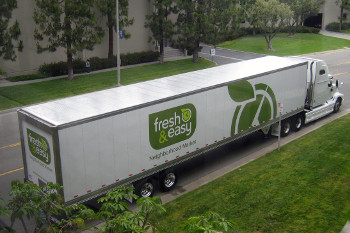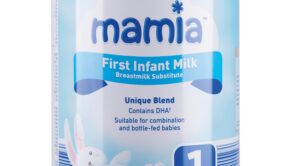Tesco pulls out of US with loss of €1.4 billion

Tesco exits American market following the failure of Fresh & Easy brand and also accepts write down for European operations.
18 April 2013
Supermarket giant Tesco has announced it’s pulling out of the US market following the failure of its Fresh & Easy division; marking the first loss in annual profits in almost 20 years. Net profits slumped 95% to £124 million in its 2012/2013 financial year. Revenue increased though by 1.4% to £64.83 billion.
Tesco also wrote down the value of its property in Britain by £800 million and its businesses in Poland, the Czech Republic and Turkey by half a billion. The company added that its performance was dented by an investment plan aimed at turning around its domestic business.
The announcements were designed to signal a turning point in the fight-back for what was once one of Britain’s most consistently performing companies – the world’s third largest retailer after Wal-Mart and Carrefour. Tesco says it plans to exit the US market in November and had already received expressions of interest from several buyers for all or parts of the business. "What we’re most interested in is those buyers that are interested in buying the complete business that we have in the US," said the company’s chief financial officer Laurie McIlwee, pointing out that a complete sale would remove redundancy and onerous leasehold issues. He said Tesco would not conclude the process for at least another three months.
In response to the figures released on Wednesday, share prices for the supermarket slumped 3.92% to close at 369 pence on London’s FTSE. "The announcements made today are natural consequences of the strategic changes we first began over a year ago and which conclude today," said chief executive Phillip Clarke.
Following the retrenchment in the US, Tesco now expects to deliver mid single digit trading profit growth, a return on capital employed within a range of 12-15% and dividend growth broadly in line with underlying earnings.



 Print
Print





Fans 0
Followers